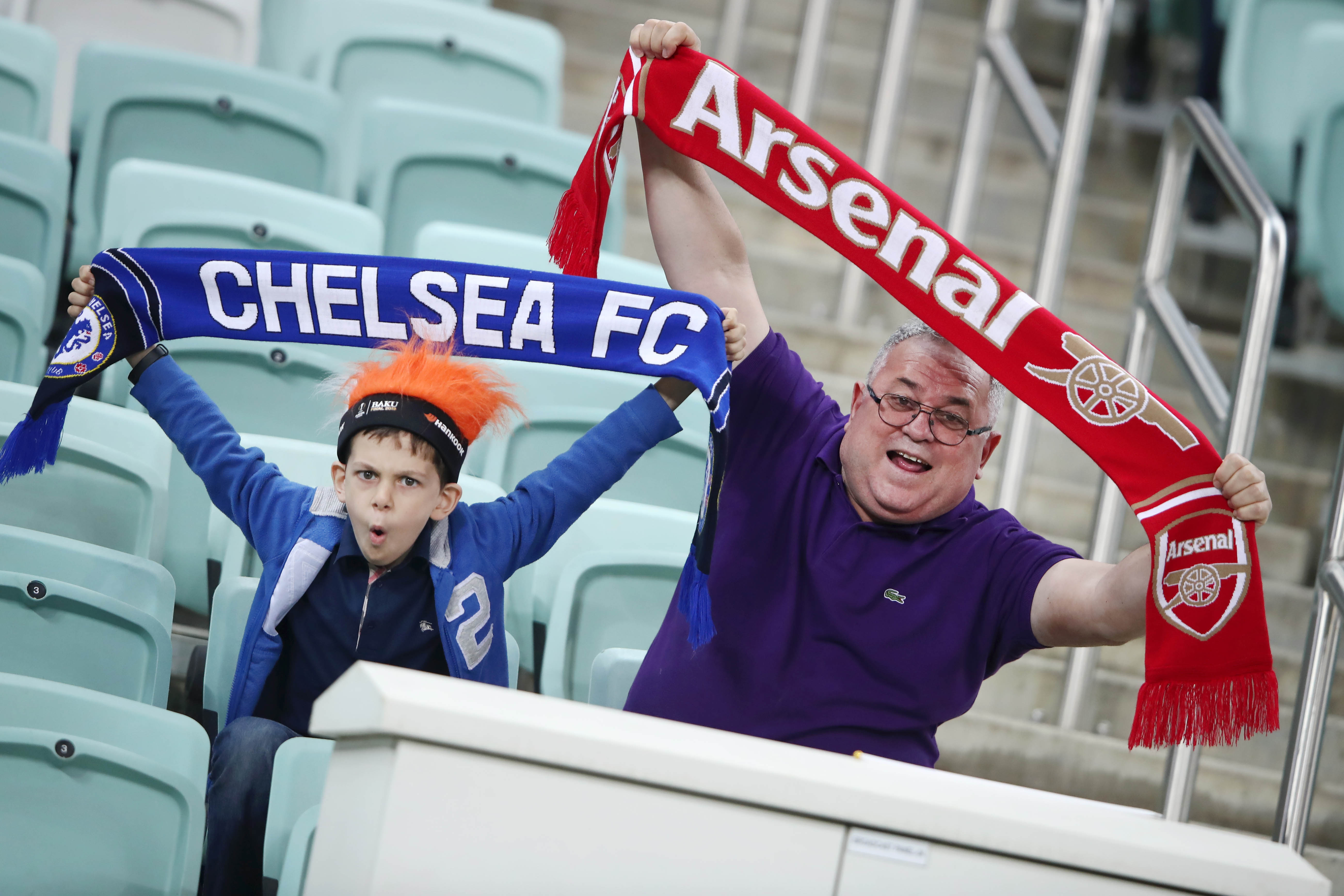.
After the disastrous tenure of tough task-master Syed Nayimuddin at the helm of Indian national football team, Bob Houghton was a breathe of fresh air for the players. Under him the spirit in the team was better than it had ever been and the performance on the football field reflected that. The former Fulham manager, spoke openly about the need for infrastructure development in the country, voiced the players’ concerns and helped Indian players gain greater international exposure.
However in the last year of his reign, things spiraled out of control and a series of controversies resulted in the eventual departure of the Englishman. While very little in this matter had to do with the performance of the players on the pitch, which have somewhat declined, the departure can largely be attributed to the age old problem of ‘politics’ which has haunted Indian football for decades, as Houghton struck a deal with the AIFF to leave with his integrity untarnished.
A 4-1 victory in the final of the AFC Challenge Cup against Tajikistan in 2008 earned India a back door entry into the Asian Cup and a chance to compete with the continent’s elite for the first time in 28 years. However, placed in a tough group with three giants of Asian football, they lost all the games by a margin of at least 3 goals.
“When we went to the draw and drew Australia, Bahrain and South Korea, people feared the worst, but our boys have kept their heads above the water and done wonderfully,”
– was Houghton’s opinion after the Asian Cup.
–
India’s recent outings include back to back losses to Thailand along with humiliating score lines against Yemen, UAE and Kuwait just before the Asin Cup. Despite showing commendable spirit and a commitment to attacking football, the team’s performance over the past year coupled with some curious calls made by the manager make you wonder if India has made any significant strides towards becoming a nation capable of competing at the top level and if the faith bestowed in Bob Houghton has been repaid.
–
Series of Controversies
Beginning with the row regarding his contract in the early part of 2010, controversies just failed to leave Houghton’s side in last 12 months of his tenure. Criticism for scheduling too many international friendlies was followed by the racism row, with team manager Pradip Chowdhary’s complaints eventually leading to Houghton’s ouster. The Englishman frequently spoke out about his disapproval of the AIFF’s methods. Even on the grand stage of the Asian Cup, the manager did not hesitate to bring to the notice of the AFC, the poor infrastructure facilities in the country.
–
Questionable Team Selection
While injuries took their toll on the team’s outlook, certain selections in the squad for the tournament and the starting line up, led to some criticism in the Indian media. I-League’s top scorer, Mohammad Rafi failed to make it to the squad and was only called up later as a replacement for Sushil Kumar Singh when it was revealed that the latter was suspended for the first two matches of the tournament.
![Mehtab [c] Pratidin](http://www.thehardtackle.com/wp-content/uploads/2011/01/Mehtab-c-Pratidin.jpg) Mehtab Hussain – the best player in current
Mehtab Hussain – the best player in current
I-League season was always ignored by BOB
–
Houghton continued to persist with the same defenders that were involved when India conceded 9 goals against Kuwait, 6 against Yemen and 5 against UAE in the pre-tournament friendly matches. At the tournament, a staggering 13 goals were scored against India in the 3 games they played.
Players like Climax Lawrence and N.P. Pradeep, who are clearly past their peak, were selected while the best player of the I-League season Mehtab Hussain, promising youngsters like Robin Singh and Dharmaraj Ravanan were continuously overlooked.
–
Lack of Fitness
Athleticism has never been an attribute associated with any of India’s sports teams but the fitness levels on display by the Indian football team at Doha were lamentable. Most of the senior players were woefully off pace and N.P. Pradeep failed to complete 90 minutes in any of the three games. The team was out-classed and out-muscled against the faster, more physical opponents.
–
Footballing Philosophy
Houghton has failed to instill a philosophy when it comes to the way the team plays. This is down to his failure in identifying the style of football that would bring the best out of his players.
Against Australia he went with the pace of Sunil Chhetri and Rafi up-front, while he chose to pair Chhetri with a target man Abhishek Yadav against Bahrain, adopting the long ball strategy. All too often, the Indians start the match attempting quick, short passes but get outplayed, even against teams of similar stature like Thailand, and switch to a more direct style.
Certainly, every team should be flexible enough to adopt to different strategies depending on the situation or opposition, but having a certain style or identity is necessary and this team clearly lacks one.
–
Tactical Mistakes
Playing with a compact back four which is protected by a crowded 5-man midfield, without allowing much space between the lines, is perhaps the strategy a team like India should adopt when facing the top teams in the continent. Also, a defensive midfielder capable of displaying creative vision like Mehtab Hussain, to shield the back four would have been vital. However, Houghton chose to start with Climax Lawrence and N.P. Pradeep, 2 slow and unfit ball-playing central midfielders, a baffling decision considering the opposition teams boasted midfielders like Tim Cahill and Koo Ja Cheol, who frequently make runs into the box.
Fielding the 31 year old Dipak Mondal, ahead of the versatile Syed Rahim Nabi, at left-back to face up against the pace of Luke Wilskshire was again a blunder. Mondal was directly at fault for Australia’s first goal having played Emerton on-side. Australia looked a threat every time they attacked down their right, which coupled with poor marking by the central defenders meant that goalkeeper Subrata Paul’s heroics was the only reason that India kept it down to 4 goals.
Against Bahrain, the defenders rushed out too fast from set pieces and the off-side trap was broken far too easily with a simple ball over the top. The lack of co-ordination and organization at the back was exploited by all the teams.
Houghton certainly has to be lauded for leading the team to important trophies and helping the players get greater exposure to foreign teams. However, India’s second half display against Bahrain was the only bright spark in the otherwise sub-par performance at the tournament. The Englishman, who has the experience of coaching over 10 international teams, was at the helm for five years but India failed to register any substantial improvement at least as far as the FIFA rankings are concerned. While it is evident that countries like Uzbekistan and Lebanon have leaped well ahead in this time; for India, the Asian footballing powerhouse of the 50s and 60s, it would be considered a laudable attempt if they manage to qualify for the tournament’s next edition.
– Kumar Shivam
(Winner of Footblog-2011)






